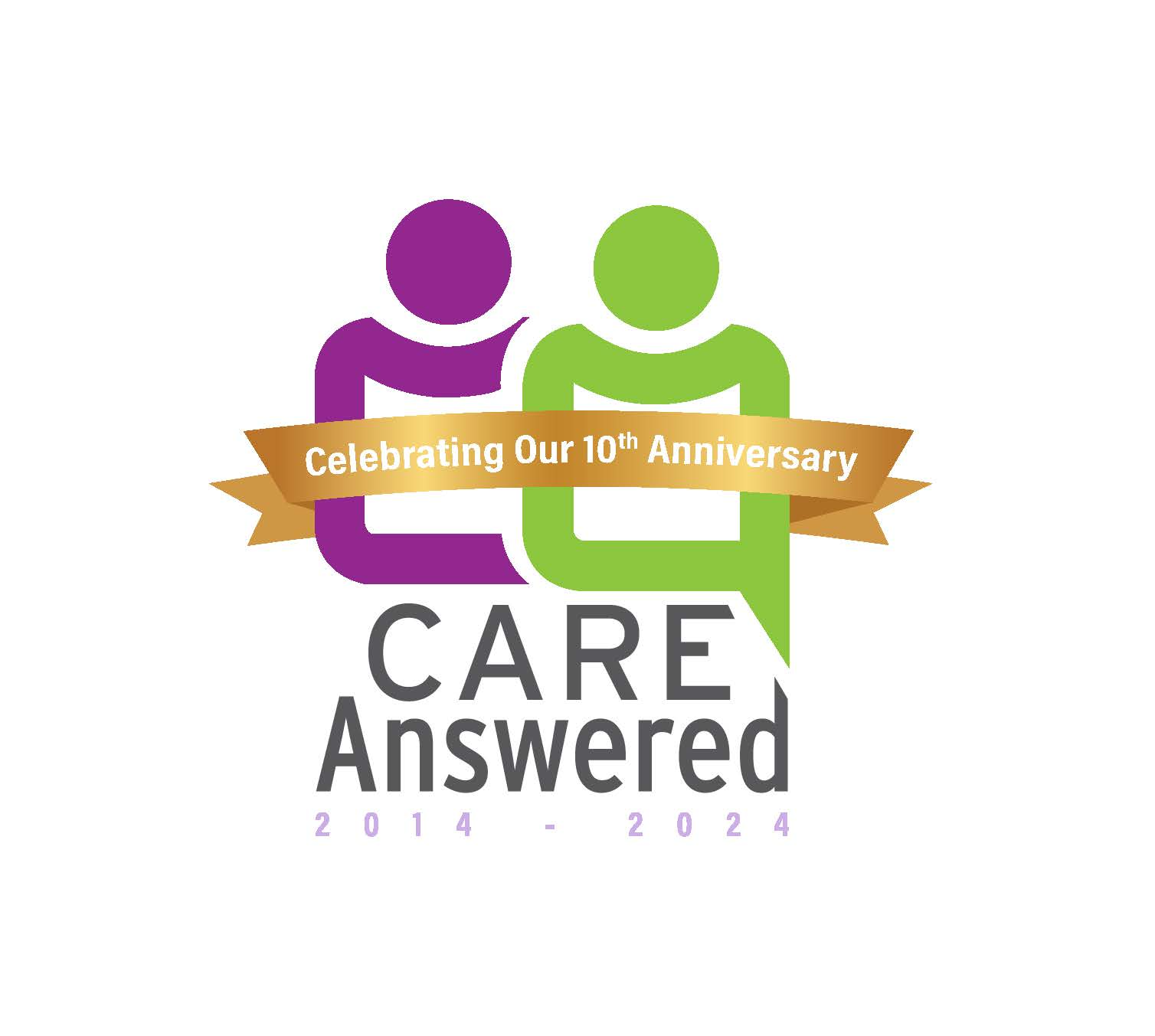Six in ten adults live with at least one chronic disease, such as cancer, heart disease, asthma, stroke and diabetes, while four in ten have multiple chronic conditions, according to the Centers for Disease Control and Prevention.
While many adults are able to manage their own chronic medical conditions, as they age this can become a challenging juggling act, especially when there are multiple medical conditions being treated.
Knowing When to Help
Some people with chronic medical conditions develop tricks and habits to help them cope. These techniques may make it appear that they are managing fine, when in reality they are just barely getting by. A seemingly inconsequential issue – a minor cold, a missed trip to the pharmacy, or a skipped meal – may be all that it takes for disaster to strike. The trick for loved ones is to know when to step in with assistance.

Get Involved Early
Don’t be afraid to ask questions. Offer to accompany your loved one to doctor’s appointments if your schedule permits. This will enable you to assess whether your loved one appears to understand the doctor’s instructions and is following his or her medication regimen and dietary recommendations.
Try to encourage frank discussions about your loved one’s condition. Encourage them to be honest about their symptoms, pain, and ability to function. Listen without judgment.
When More Help is Needed
If you feel that your loved one may need more help as their disease progresses, explore all of your options. The areas in which assistance may be needed include:
- Personal care – bathing, dressing, washing hair. A family member may be able to assist with this, or a personal care aide can be brought in to help with these types of tasks.
- Household chores – cooking, cleaning, laundry, minor household repairs. Again, a friend or family member may be able to visit the home to help with cooking and housework. Another option is for someone to deliver pre-cooked meals or for your loved one to travel to a senior center or local club for a hot meal. Often minor repairs can be outsourced to a local handyman; ask neighbors and friends for a trustworthy referral. If more help is needed, a personal care aide may be able to pitch in.
- Medication compliance – pill boxes, alarms, phone calls and other technological devices can help remind your loved one about which medication to take and when to take it.
An Advocate can Help
When the juggling act of trying to coordinate the multiple aspects of a loved one’s care becomes overwhelming, it might be time to consider hiring an advocate. A healthcare advocate can help you determine what care options are available and put those services into place, accompany your loved one to doctor’s appointments, make sense of complex medical information and untangle medical bills and insurance documents, arrange for in-home care or nursing home placement as needed. To learn more about what an advocate can do, call us at 516-584-2007.

